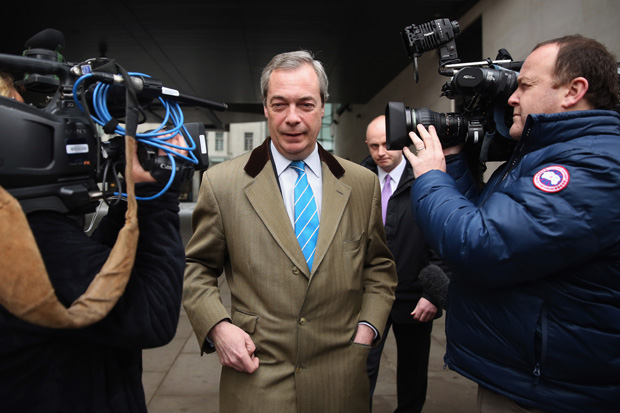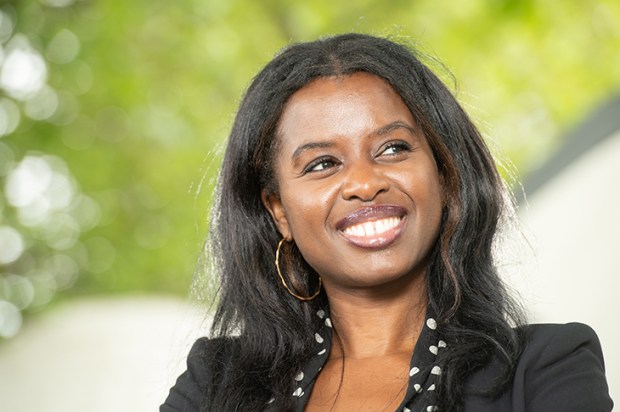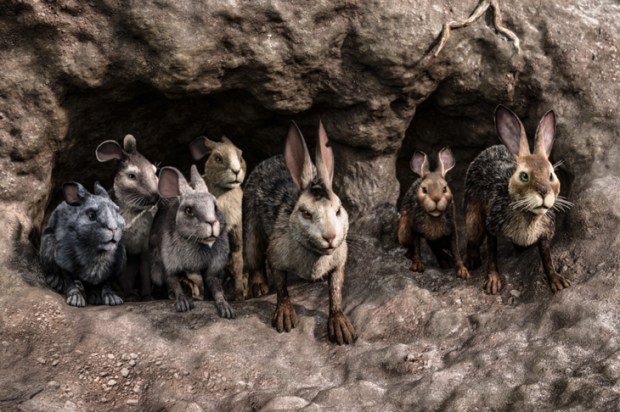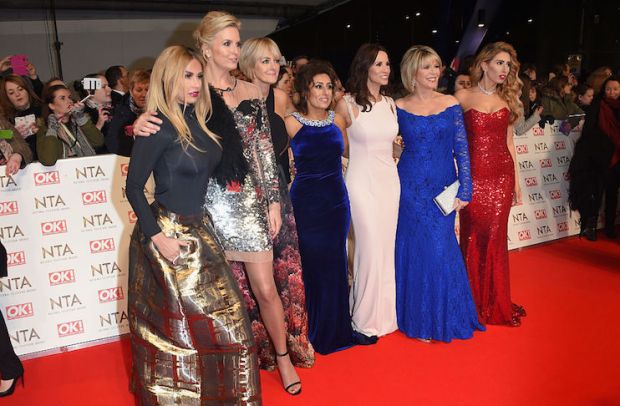There was a remarkable scene in one BBC Today programme morning meeting in about 1995, as all the producers gathered together to discuss what stories would be on the following day’s show.
The big story was the European Union; the splits occasioned by the EU within the Tory party and the battle, on the part of racist neanderthal xenophobes, to keep us out of the Exchange Rate Mechanism, from which we had ignominiously exited three years before. The meeting cackled and hooted at the likes of Bill Cash and his assorted fascists on the Eurosceptic right. ‘They think the Germans are determined to dominate Europe!’ and ‘They’re just racists!’ and ‘They’re all old Monday Club little Englanders!’ How everyone laughed. And then a voice suddenly cut through this jubilant unanimity.
‘What if they’re right?’
Cue an immediate silence and deep mystification and astonishment. People looked at one another with incredulity, as if the Hindu smallpox deity Sitala had suddenly manifested herself in the greenroom. Right? Right not to join the single European currency? Right to fear that the EU was perhaps prone to stretching its remit a little here and there? Are you mad? The thought that Cash and co. might be right had simply not even occurred. It was absolutely clear — as a very senior BBC executive said to me a few years later, about the Eurosceptics: ‘You do realise, Rod, that these people are mad?’
Problem was, in this particular morning meeting, the voice of questioning dissent came from the programme’s then editor, Roger Mosey. So the producers suddenly had to entertain the possibility, for the first time, that there might be a shred, an iota, of substance in the Eurosceptic arguments.
You may have heard of Mosey as a consequence of a book he has written, which is now being serialised, about the BBC. The former head of sport and boss of Radio 5 Live confirmed in this memoir that the BBC had, over the years, shown a certain liberal bias. Not least on the subject of immigration. He recounted a story of the Ten O’Clock News broadcasting a package from an ‘ethnically diverse’ (i.e. monoculturally Muslim) part of Britain in which all the comments but one from the indigenous white folk were edited out because they were deemed ‘racist’: the one comment that remained expressed great satisfaction that these colourful and interesting people had so enriched all of our lives. It was not hugely representative of the real feelings in the community. It was, instead, a travesty.
The BBC has been biased on the issue of immigration for at least 20 years. When I was editor of Today (1997–2003) I commissioned an excellent reporter called Barnie Choudhury to examine the impact of Muslim immigration in parts of north-west England. Barnie, a brave and honest bloke from an ethnic minority (I don’t know which: I never asked), reported that there were ‘no-go zones’ for white people in some areas. Places the whites dare not venture, in case they were attacked. How he was vilified within the corporation for reporting truthfully! Shunned by some, excoriated by others. He no longer works for the BBC.
Since then the corporation has broadly stuck to the line that a) immigration is good, especially if it involves people who have a different skin tone and culture to our own and b) any whining whitey who objects is probably racist or needs re-educating, or both.
This is perhaps even more true of the BBC today than it was 20 years ago. The corporation’s coverage of the asylum seekers floating around in the Med has been un-ashamedly biased in favour of the policy of diverting as much manpower and money as possible to rescuing them, regardless of the wider consequences. It was biased and almost hilariously gullible about the Arab Spring uprisings which have brought so much more democracy and freedom to the world, inshallah. It is biased in its news reports of eastern European people coming here for work, regardless again of the consequences for indigenous people. It treats with hostility and contempt any individual or organisation who might dare to suggest that diversity is anything other than a bloody good thing. Its attacks on Ukip during the election campaign — no other party warranted such treatment, remember — were an utter disgrace and, I would suggest, in breach of its charter. There was not even a genuflection towards even-handedness. The line was simple: these bastards are racists, and we’re going to nail them.
Roger Mosey and John Humphrys were easily the best journalists I ever worked with at the BBC. Sharp, clever and questioning of everything, not inclined to swallow whole the dominant in-house paradigm. I do wonder if social class and geographical background have something to do with this. Both are from blue-collar backgrounds, much like Kevin Marsh, who was for a time an excellent editor of The World at One — which under his control forensically dissected New Labour policy, to the fury of Alastair Campbell. It is difficult, if you are Mosey and from Bradford, to see immigration as an untrammelled benefit to British society. I would suggest that if you are from Bradford you might be rather more inclined to see both sides of the equation. To see that there are, you know, downsides. And to grasp that the picture is not quite so simple as when it is viewed from an affluent London redoubt, from where most of his colleagues viewed it.
But perhaps that is to do Mosey a disservice; after all, I suspect that when it came to the European Union and that Today programme morning meeting, Roger was — however mildly — on the side of the federalists. It is just that the smug consensus grated a little, both intellectually and viscerally, which is how it should be for a journalist. If only the BBC had more people like that.
Got something to add? Join the discussion and comment below.
Get 10 issues for just $10
Subscribe to The Spectator Australia today for the next 10 magazine issues, plus full online access, for just $10.
You might disagree with half of it, but you’ll enjoy reading all of it. Try your first month for free, then just $2 a week for the remainder of your first year.






![[GETTY IMAGES]](https://www.spectator.com.au/wp-content/uploads/2019/02/GettyImages_3288778.jpg?w=620)









Comments
Don't miss out
Join the conversation with other Spectator Australia readers. Subscribe to leave a comment.
SUBSCRIBEAlready a subscriber? Log in